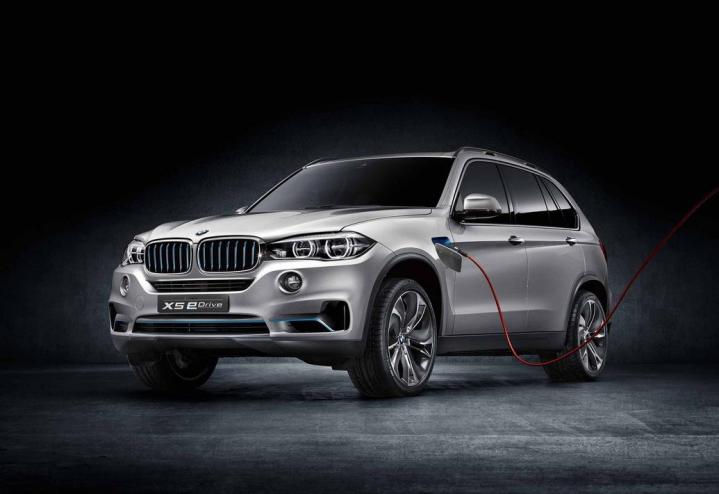
As automakers ramp up efforts to produce more electric and hybrid vehicles in their lineups for the near future, this ultimately has increased the demand for battery production. However, analysts fear some companies could struggle with this demand, specifically German car companies — and that is because none of them currently build and produce their own batteries. Instead, they have to rely on third-party supplies, mainly from Asia. This has German car companies in a bind, not just with themselves, but the German government as well.
According to The Verge, Germany’s automobile industry is incapable of producing its own batteries. That’s because none of the automakers and parts suppliers in Deutschland prepared for this electric vehicle and hybrid boom. Instead, they’re relying on Chinese, Japanese, and Korean battery production, which has German chancellor, Angela Merkel, frustrated and worried about Germany’s economy.
Merkel openly pressured German automakers and expressed discomfort with how the car companies — the biggest commercial sector for the country’s whole economy — are relying on Asian companies for its batteries. Ultimately, Merkel and her government simply don’t like the idea that its most crucial industry is depending on foreign suppliers — especially since they’re not European companies. Further, some of the automakers have already run into complications with negotiating public contracts.
Up until 2015, Daimler, the parent company of Mercedes-Benz, had a battery cell production facility in Saxony. The plan was to win contracts from its fellow German competitors and to build the business together and make it profitable. However, that fell through, particularly since at the time, none of the German automakers had an attractive hybrid and electric vehicles to sell, so the project was canned for failing as a business plan.
This apparently led to a ripple effect where other suppliers and companies, like Bosch and Continental, also pulled back on any plans to produce battery cells because of a lack of confidence in the business model. This lack of confidence has the entire German auto industry apprehensive about getting into battery production because of the high costs associated with building the facilities, and even producing the batteries and further developing the technology.
For these reasons, the companies said that relying on the Asian companies currently is not an issue and it doesn’t make sense for German automakers or suppliers to build batteries with today’s technology just yet.
The situation is also partially caused by Asian companies having more expertise in the technology of the lithium-ion cell business, due to its superiority in the consumer electronics industry. It’s also further likely that the Asian companies favor their domestic automaker partners, giving them the advantage in electric and hybrid vehicles.
But as electric vehicle and hybrid demand continues to grow and German automakers keep promising to build more, analysts say the need for a battery production facility on home turf will continue to rise.
Editors' Recommendations
- 900 miles on a charge? How Toyota’s solid-state battery tech could revolutionize EVs
- Lithium-ion vs. NiMH: EV batteries explained and compared
- This EV charging tech does the job as you drive
- Why do EVs charge slowly? Lithium battery limits explained
- How do electric cars work? EV motors and batteries explained


